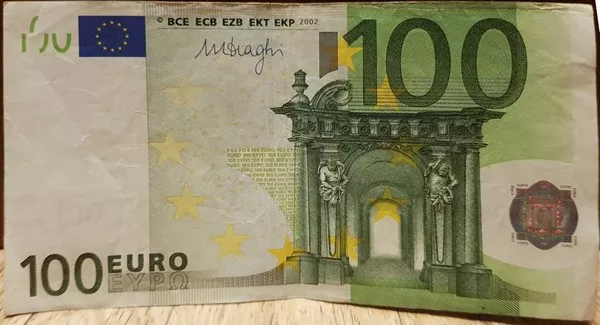Intervention refers to the direct or indirect intervention of a country’s authorities in the foreign exchange market according to the requirements of its macroeconomic policies and policies, in order to control the changes in the domestic currency and foreign currencies, so as to make the exchange rate change in line with the objectives of its exchange rate change policy.
Intervention in foreign exchange markets can take the form of currency transfers between central banks or official lending.
The methods of foreign exchange intervention can be divided into direct intervention and indirect intervention.
Direct intervention means that the Monetary Authority is directly involved in trading in the foreign exchange market and influences the exchange rate of the local currency by buying and selling foreign exchange in the foreign exchange market.
Indirect intervention mainly refers to the impact of short-term capital inflow through the implementation of a country or fiscal policy, so as to indirectly affect the supply and demand situation and exchange rate level in the foreign exchange market.




























